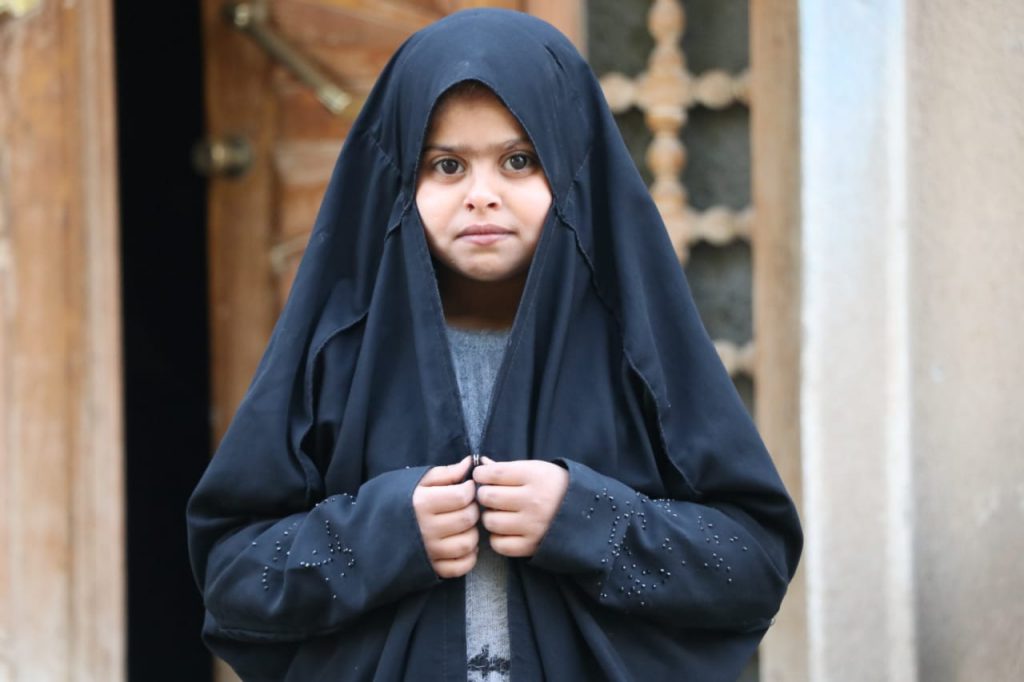Your Cart
Would you like to cover the transaction costs of 3% so that we receive 100% of your gift?

Muharram Aid (Nudba Group)
Secure Donation
